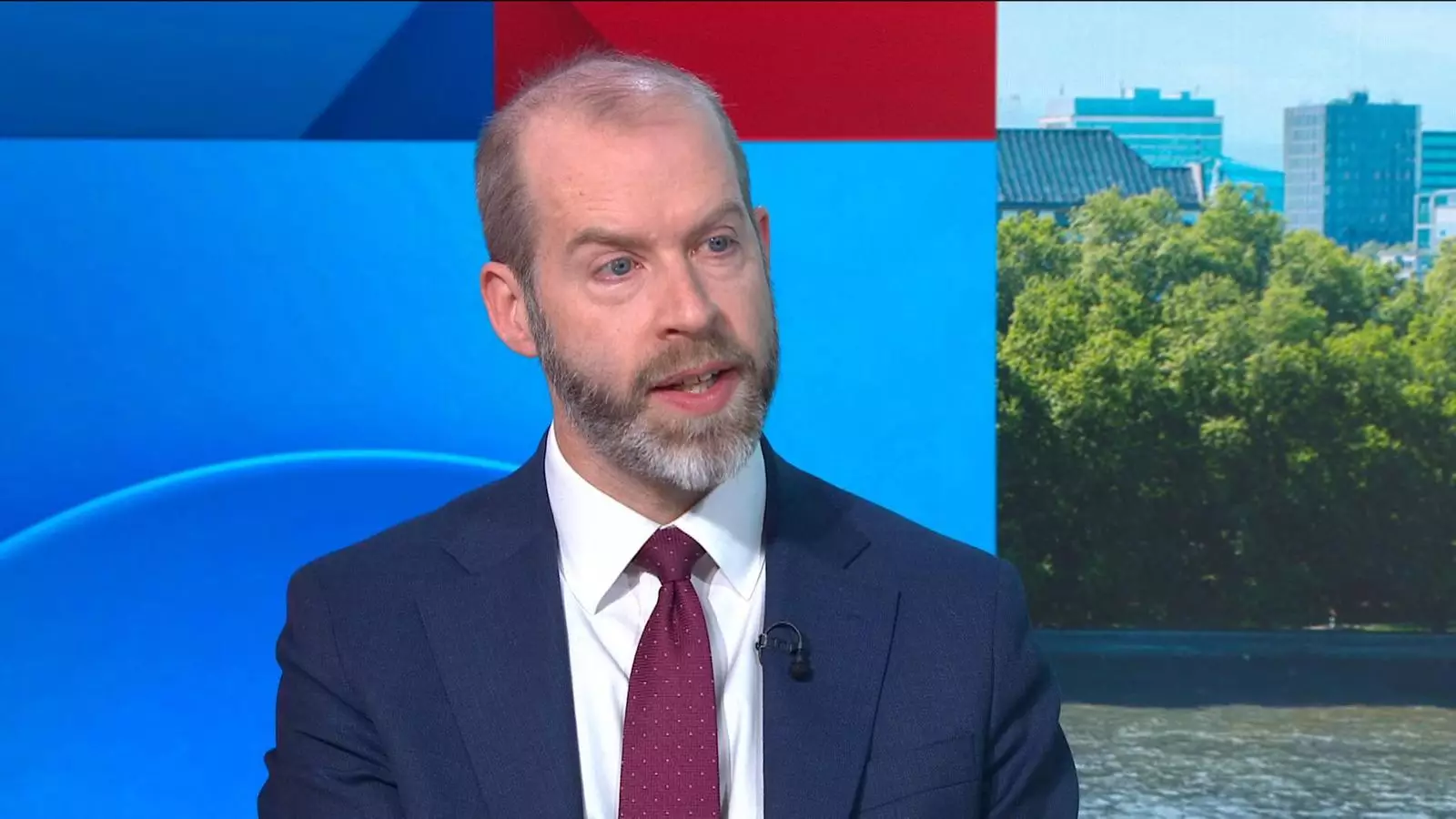The recent turmoil surrounding British Steel reveals a critical failure in assumptions made about foreign investments in sensitive sectors. After the UK government was forced to intervene and exert control over British Steel, the blind optimism of past administrations warrants a hard reassessment. Business Secretary Jonathan Reynolds’ declaration that he would not allow another Chinese company into the steel sector highlights a growing sense of urgency regarding the future of British industry and the necessity for cautious governance. The swift passage of the Steel Industry (Special Measures) Bill, which grants the government extraordinary powers to stabilize this beleaguered company, underscores the precarious state of the industry and the potential risks of reliance on foreign entities.
High Stakes and Stakeholder Trust
The situation remains extremely delicate, and Reynolds is correct to raise alarm bells about Chinese involvement in the steel sector. His assertions about the “sensitive” nature of steel production resonate deeply in today’s geopolitical climate. For too long, the UK engaged in a one-dimensional perspective on globalization, where economic engagement was prioritized over national security and industrial sovereignty. In light of the recent crisis, the imperative for a high trust bar for foreign investors—not only Chinese companies—has become painfully clear.
With Jingye’s recent decision to cancel critical orders for raw materials, the future of Britain’s last virgin steel-producing facility is in jeopardy, revealing the catastrophic consequences of naively placing crucial national assets in foreign hands. The speculative benefits of such foreign investments have not materialized, leaving the government scrambling to counter a crisis that could have been mitigated.
Public Control vs. Market Solutions
Reynolds mentioned that public ownership of British Steel appears to be the “likely option,” which reflects a stark shift in the government’s economic philosophy. While nationalization has traditionally been a dirty word for center-wing liberalism, the current scenario may necessitate a radical rethink. Public ownership, while less-than-ideal, might provide a sturdy backbone for an industry that is critical to national interest and innovative manufacturing.
Moreover, the idea that a “commercial private sector partner” could somehow remedy the situation is perplexing. The reality is that without serious commitment and capital investment in transition technologies, any future partnership will likely fall short of the ambitious goals needed to modernize the industry. The pitfalls of naive capitalism are exposed further by Shadow Business Secretary Andrew Griffith’s remarks describing the government’s emergency measures as a “botched nationalisation,” emphasizing the pressing need for a coherent and proactive strategy.
The Bigger Picture: Sovereignty and Security
The fiasco surrounding British Steel signifies an urgent need for transparency regarding the nature of foreign investments. As the UK faces increasing international competition and economic vulnerability, we cannot afford to be cavalier about placing vital industries in the hands of foreign stakeholders. Reynolds’ comments signal a welcome acknowledgment of this reality, indicating that increased scrutiny is not merely prudent—it’s imperative.
We have reached a point where geopolitical factors must be respected in economic decision-making, particularly for industries that have intrinsic links to national security. As we move forward, a holistic approach to the involvement of foreign firms in sensitive sectors must take into account the broader implications for national interests, social cohesion, and the environment.
The complexities of investment in the steel sector compel us to adopt a comprehensive framework that prioritizes the long-term health of the industry and its workers over short-term financial gain. The time has come for a renaissance of clarity and sovereignty in the UK’s industrial ambitions, lest we find ourselves wrestling with more crises of our own making.


Leave a Reply